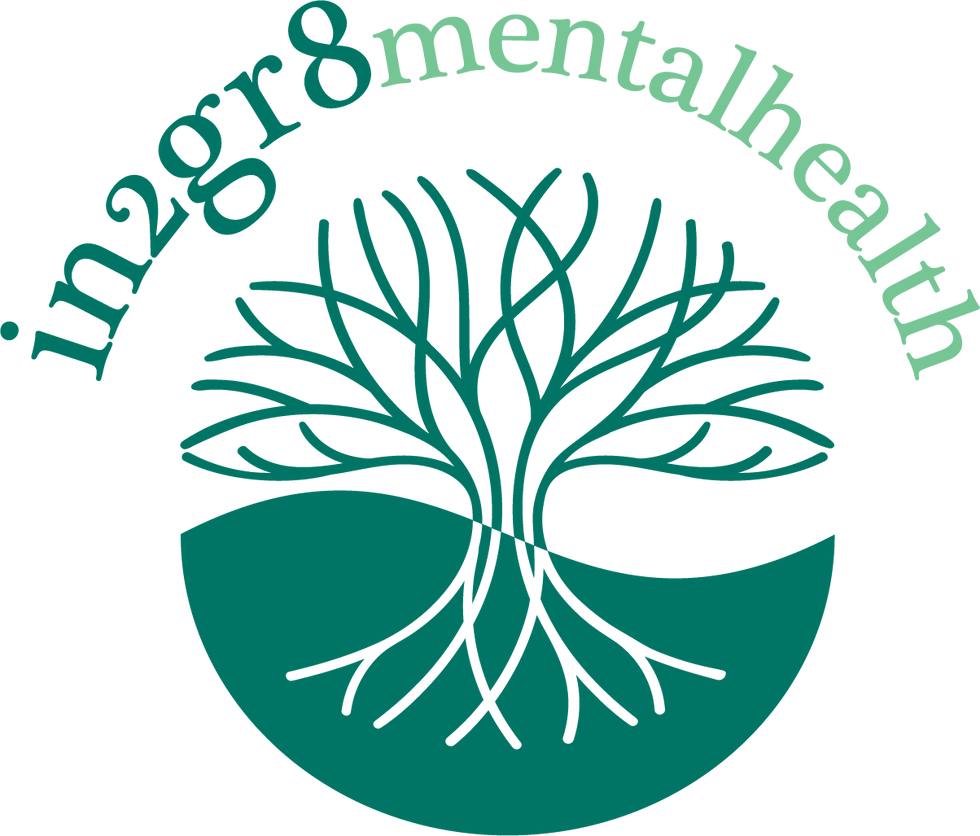Speaking to The Psychologist magazine about lived experience in the mental health professions
- nataliekemp5
- Oct 12, 2020
- 2 min read
‘...where mental health professionals are concerned, knowing when to ask for help and doing so is a sign of professional competence in action and not of failure.’
We are proud to keep the conversation alive at in2gr8mentalhealth about destigmatising lived experience in the mental health professions. Thank you Camilla Hogg for joining me in this article and The Psychologist for your interest.
What is discussed is the tip of the iceberg, the themes around lived experience are deep and nuanced and, as Camillla says and I fervently agree, intersectionality is a part of that and must be held in mind.
At in2gr8mentalhealth, workshops, mentoring and consulting on the matter go into far more depth and nuance than I had the chance to speak to here, but I am grateful for the chance to speak to a wider audience again through the article. This is a time when the usual conference scene that we have been a part of is somewhat on 'Covid' hold. Being able to connect directly with the mental health professions in a gathered way in the past, has been wonderful and vitally helpful for many.
My experience has been that we just don't table this stuff enough, and we certainly don't have the right spaces set up yet, systemically, consistently and correctly informed, to do people justice in their support and recovery journeys. We've seen how a peer support angle on this has been key since 2017 to unlocking feelings of shame and being alone with it, and remembering that we are also just people doing our best in the most challenging of circumstances sometimes, and that's ok. We talk about things others are scared to mention, like fitness to practice fears, thresholds for HCPC, gaps in professional body support and what HCPC 'provide' regarding guidance on this... how do we navigate those pathways!
Seeing someone in the professional heiracrchy without lived experience doesn't confer this expertise or sense of co-warmth that can be shared with those who know, athough supportive others can be great allies for validation of your place in the system - which is sometimes a very big part of what we need. I have had both lived experience and non-lived experienced clinical psychology mentors since breakdown, and each have been able to offer something different and important.
We are working on a programme here at in2gr8 to encourage continued reflective engagement with this for all levels of the system, pre- and post qualification. We are here to provide a centre for support and reflection, cheer leading and training, and consultation on how to do things better in systems - we do know!
It is good to keep the conversation going exactly because it is not an easy one! We don't tend to take any short cuts around this issue here. We are not frightend of it.
All best to you out there navigating any of this, you know where we are.
Natalie Kemp





Comments